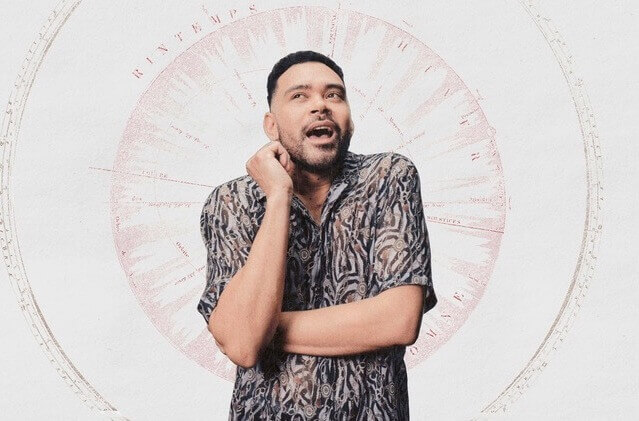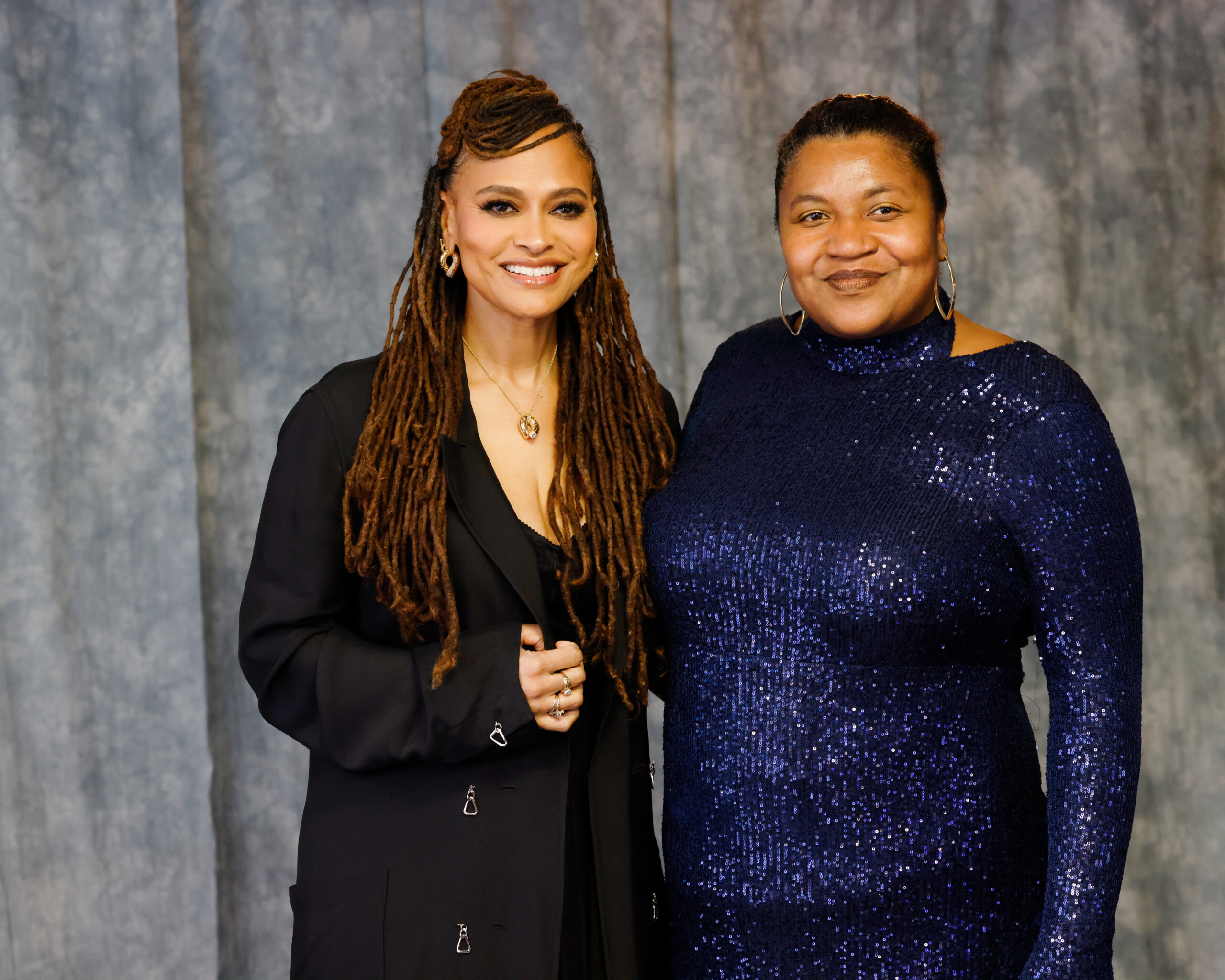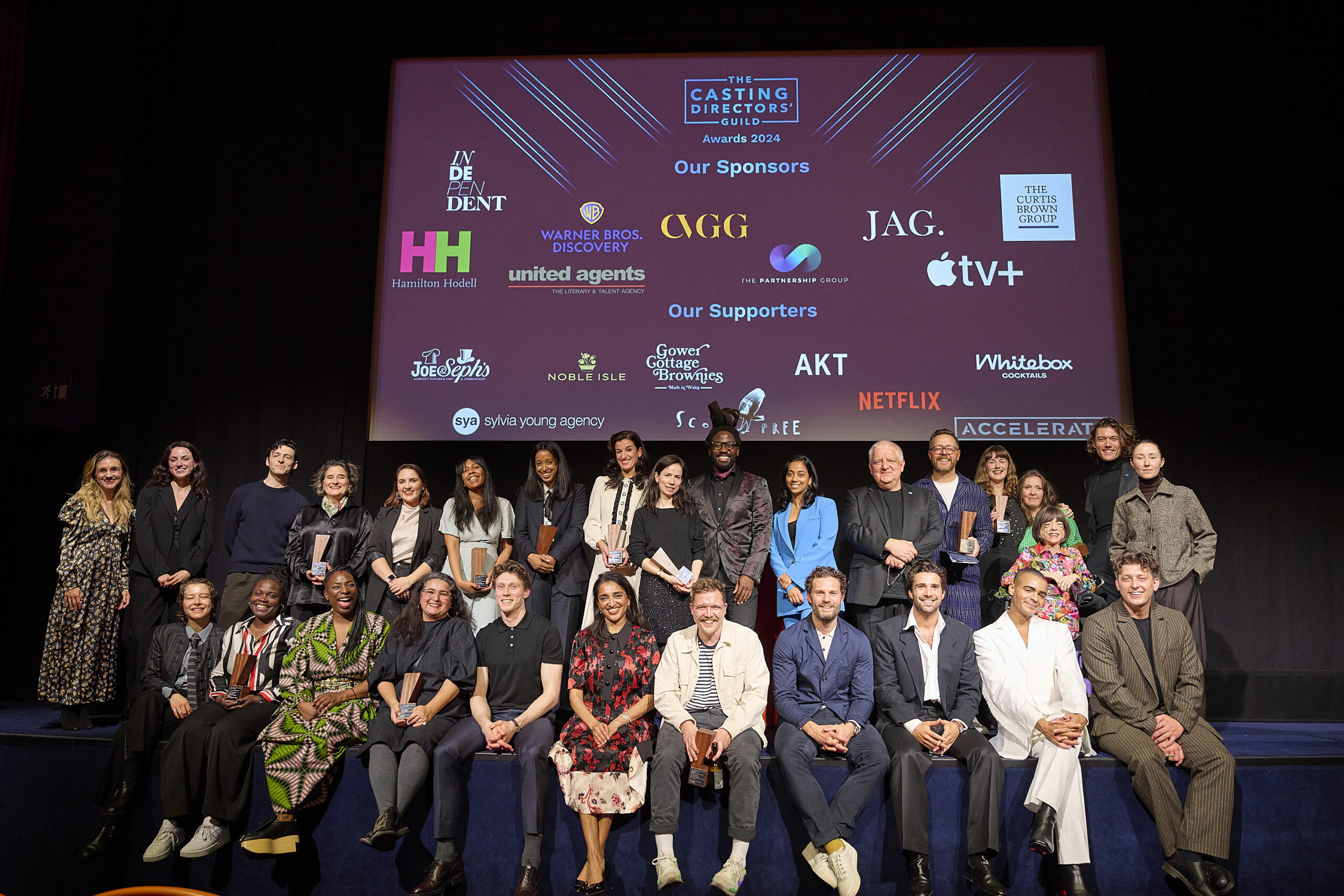Ilai Swindells: How a Casting Networks® Submission Led to a Series Lead Role
It was June in Australia this year. The country was on lockdown due to the COVID pandemic. Industries were shut down, temporarily halted or operating under specific restrictions. Twentysomething actor Ilai Swindells had no idea what sort of repercussions this would have on his acting career.
But on that June day, Swindells received an email asking to put himself on tape after a Casting Networks submission came through. It was for a narrative comedy series about a group of friends communicating with one another in an online chatroom during the COVID shutdown. The six-episode show, titled Retrograde, was for Australia’s ABC public television network. The casting, shooting, and turnaround were going to be quick: Retrograde was scheduled to air the following month. It would be Australia’s first scripted series to air with the reality of the pandemic built into its premise while also adhering to the country’s strict COVID guidelines during shooting.
For his audition, Swindells was given a set of sides to prepare. In addition to the sides, Swindells also got a copy of the pilot script, where everything in that first episode would be seen through the prism of a Zoom-type call, with each character in their own grid. Swindells noticed that some of the characters were dancing at the end first episode, drunk in a virtual bar called Retrograde, where they regularly congregated during the lockdown.
“My character wasn’t among the ones written as doing that, but I felt that Ramsey would be,” Swindells told Casting Networks. “I wanted to show them how he would do it and what he’d be like drunk and dancing. So I submitted a second video of myself as Ramsey, in my living room, semi-tipsy, holding a bottle of red wine and dancing to Robyn’s Dancing On My Own.”
Swindells felt this bonus submission was instrumental in getting him a physical callback with Lou Mitchell of Maura Fay Casting in Australia, where he met the show’s director and producers. When he got there, a stroke of luck occurred. It turned out Retrograde’s director Natalie Bailey was the director on a sketch comedy series he starred in back in 2015 called Open Slather. And even though there were several producers and network execs that had a hand in the casting approval of Retrograde, Swindells thought this unexpected coincidence helped him land the role because the director was already familiar with his work and work ethic.
Thanks to Casting Networks, Swindells found himself in a fortunate position to be working during a time when many of his peers were not. Along with the rest of the cast and crew, he was also in an oddly unprecedented position of testing out the waters of how to shoot a television series safely during a pandemic.
Throughout the shoot, the actors were isolated from each other, each in their separate location, communicating via Zoom chat. Swindells recalled how every actor had their own crew member who controlled the camera’s sound, lighting and rigging, all while wearing masks and gloves. Each day, the director of photography would go to the separate location and set up the shot of the actor’s grid for the Retrograde virtual bar. A makeup artist taught each actor how to do their own makeup at the start of the shoot and provided the actors with all the tools and products they’d need for the duration of filming. The actors had an initial wardrobe fitting prior to the cameras rolling, and every day, a new wardrobe was dropped off for them. Meals were also delivered daily.
According to Swindells, during the second to last week of shooting, Melbourne and Victoria went in to an extreme lockdown dubbed “Stage Four” that only allowed residents to leave their house for work, groceries or an hour of exercise. The cast was given work travel permits in case they were stopped by authority figures or law enforcement.
When it came to the actual shoot, Swindells remembered the most common phrase being uttered over the chat was “Could you please go on mute?” because the littlest thing would catch sound and make noise, such as the technical crew switching the lighting, for instance.
“You had to choose your moments when to speak, when to ask questions, etc. because there were so many technical glitches that none of us were used to,” said Swindells. “We all learned a lot.”
Not only that, but the style of the show itself – isolated locations, and fewer people on camera, minimal crew, etc. .- meant the show’s focus was more on the writing and performances – the characters, rather than set pieces. “It felt like doing a play,” he observed.
Australian publications, too, noticed the focus on performances in their reviews of the show, and felt the video format also worked. Screen Hub, for example, wrote that “it’s the characters rather than the comedy that’s the real focus of Retrograde, and while a bunch of cool kids who haven’t quite got their lives together can be a tricky act to pull off….for the most part this gets the mix right.” It also added that the series “does an impressive job of smoothly juggling the various character screens” and the “technology and visual grammar of the video conferencing is well-integrated into the story.”
And while one can say that the road to Retrograde technically started with a Casting Networks submission, Swindells believes that his audition for the show “could only have come along because I had been chipping away at other things – voiceover work, presenting, nurturing relationships etc. This was years in the making.”
Swindells said he sometimes feels surprised that he’s just come off a lead role on a major network series.
“As actors, we all know not to focus on booking the role, but about doing a good audition, so we are asked back to do more,” he explained. “But here in Australia, where the industry is much smaller than in the U.S., we all read the same scripts and audition for the same roles so you’ve got to do something different to stand out.”
Which is sometimes where actors tend to trip up mentally, he noted. If you do something different at an audition, will they think you’re unable to follow directions as written? Will you come across as egotistical? Is it better to be polite and compliant so they don’t think you’re rude and arrogant?
“No one ever booked a role because they were polite or had good manners,” observed Swindells. “Casting directors need to know you’re exciting. They’ve seen a hundred of you already that day and want to be wowed. Put your stamp on it. With Retrograde, I didn’t just submit the sides that were asked of me. I added in an extra scene, something the character might do, to show more flavor and flair, to make them go, ‘Yes, that’s such a Ramsey thing to do!’”
If you have a casting success story from using Casting Networks, email marketing@castingnetworks.com and tell us about it. We may end up publishing your story.
Photo Credit: ABC



